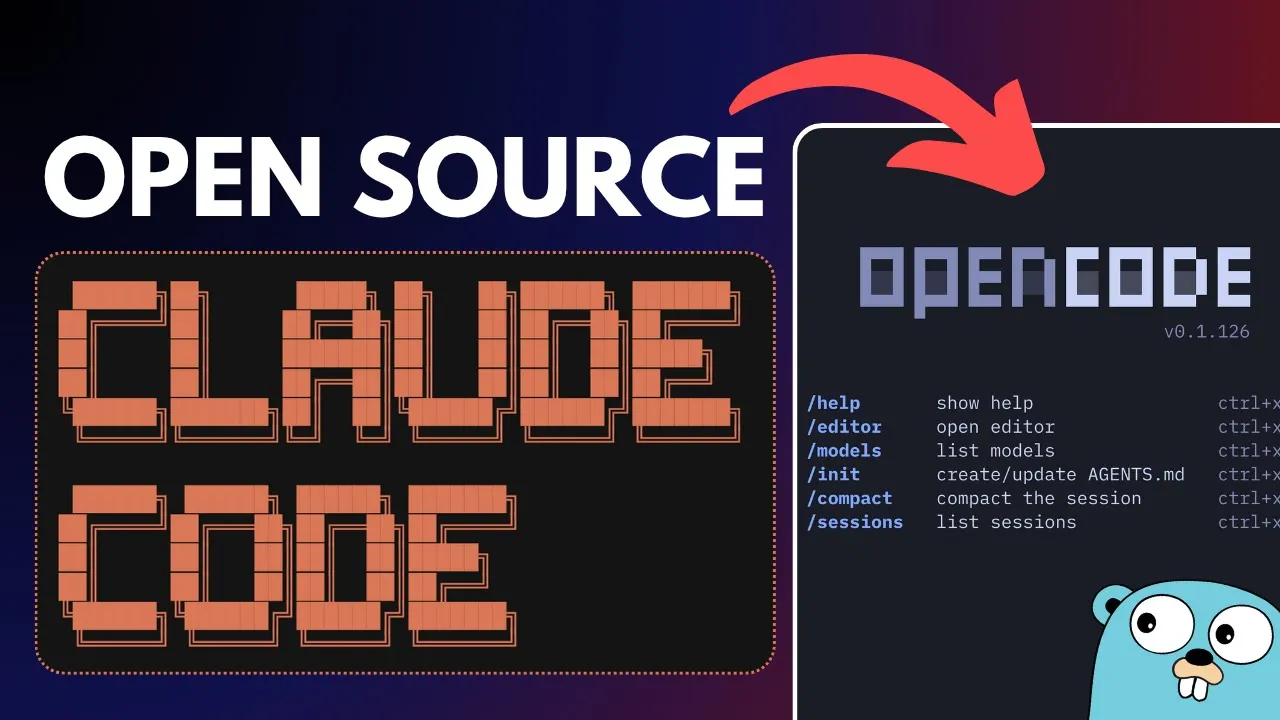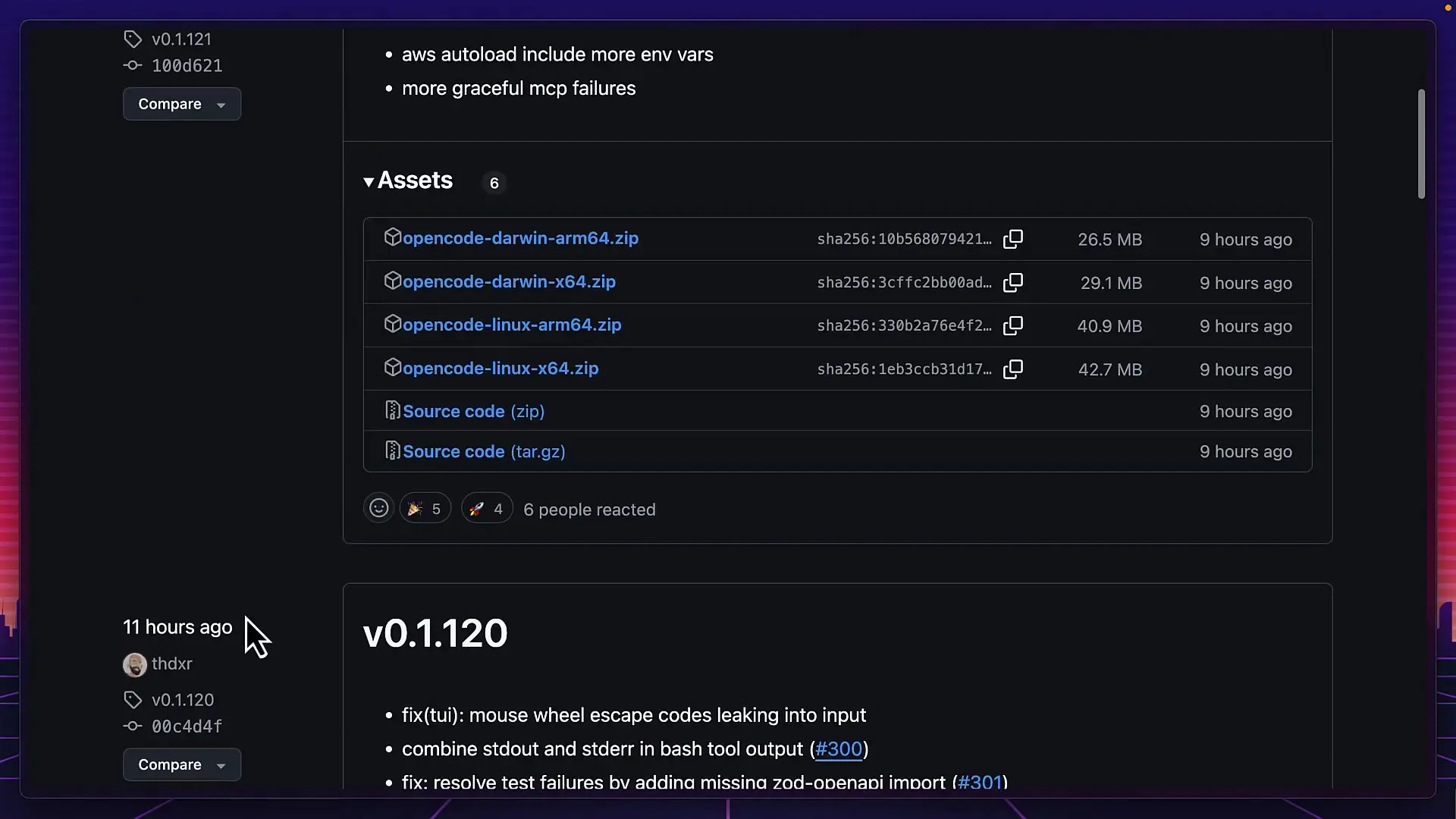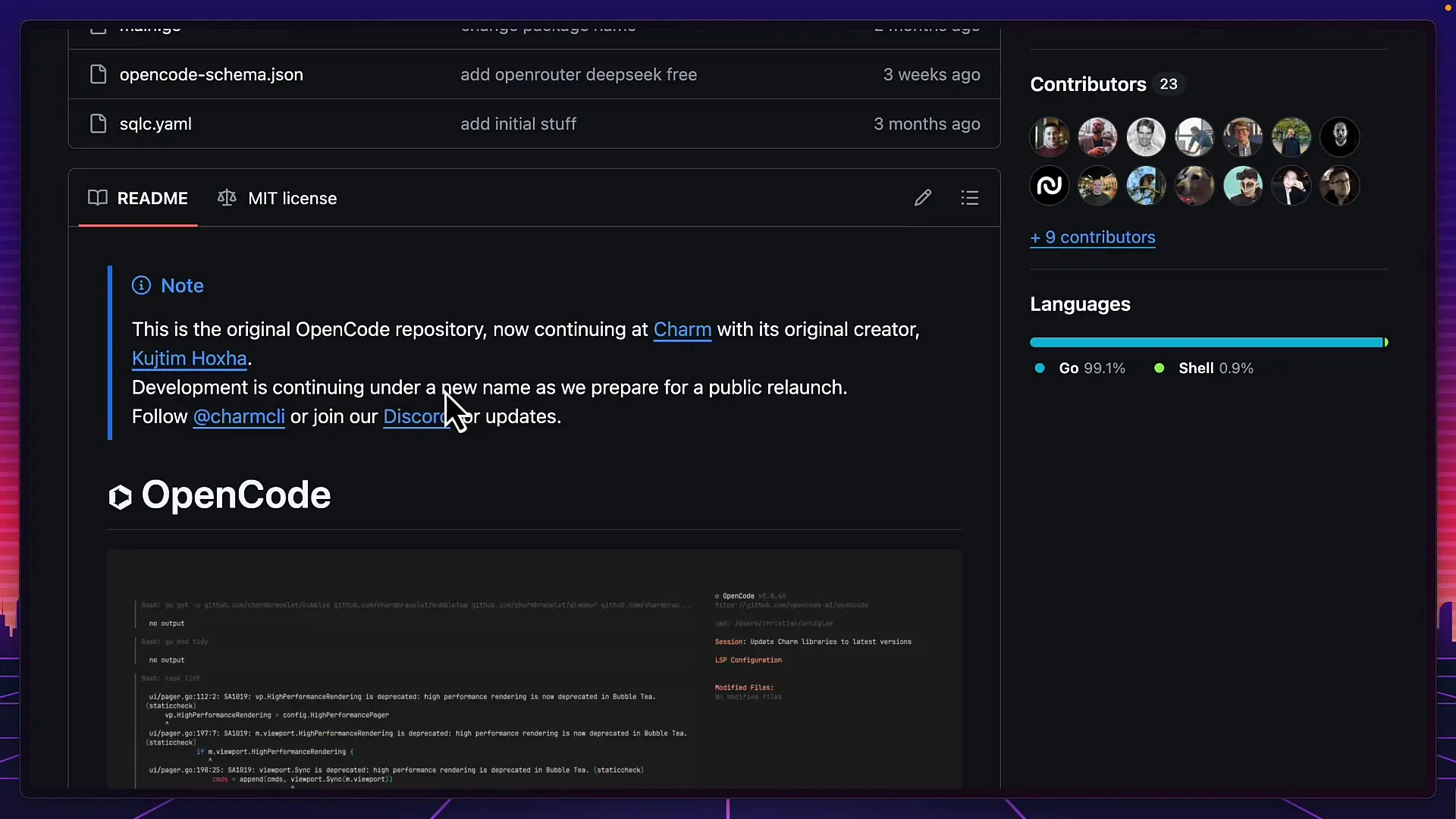
In the rapidly evolving landscape of AI coding assistants, Open Code has emerged as a powerful contender that's gaining significant attention among developers. This terminal-based AI coding agent offers an impressive array of features that make it a compelling alternative to established tools like Claude Code, CodeEx, and other AI-powered coding assistants.
What Makes Open Code Stand Out?
Open Code distinguishes itself with several key features that address common pain points developers face when working with AI coding assistants. As a completely open-source solution, it provides flexibility and transparency that proprietary alternatives can't match.

- Support for 75+ AI models, including local models for offline coding
- Beautiful terminal UI powered by the bubble tea Go library
- Multi-session support to prevent losing conversation context
- Automatic LSP server detection for improved code interaction
- Compatibility with Claude Pro and Max subscriptions
- Cost and context visibility without additional commands
- Sharable links for collaboration
Setting Up Your Coding Environment with Open Code
Getting started with Open Code is straightforward. After installation, you can use the `/init` command in your project directory to create or update an agent's MD file. This file serves as context for your prompts, similar to Claude MD files, enhancing the AI's understanding of your codebase.
What sets Open Code apart is its automatic detection of Language Server Protocol (LSP) servers, which significantly improves how the large language model interacts with your code. This integration helps the AI better understand your project structure, dependencies, and coding patterns.
Multi-Session Support: A Game-Changer for Productivity
One of Open Code's most valuable features is its multi-session support. This addresses a common frustration with tools like Claude Code, where accidentally closing a session means losing your entire conversation context. With Open Code, your sessions persist, allowing you to maintain multiple concurrent conversations with the AI across different aspects of your project.

Model Selection: Unparalleled Flexibility
With support for over 75 different models, Open Code offers unmatched flexibility in choosing the right AI for your specific coding needs. Whether you prefer using OpenAI's models, Claude, or want to work with local models for offline coding, Open Code has you covered.
This flexibility extends to various providers, making it an excellent choice for developers who want to compare different models' performance or who need to work in environments with specific AI model requirements.
Current Limitations Compared to Claude Code
While Open Code offers numerous advantages, there are a few areas where Claude Code still has an edge. These include:
- Command execution capabilities: Claude Code allows running commands with bash, which helps view errors before asking the AI to fix them
- Custom slash commands: Claude Code supports adding custom commands for frequently used prompts
- More extensive theming options: While Open Code has good theming, Claude Code offers more customization
However, given the rapid development pace of Open Code, these features are likely to be implemented soon. The development team is actively working on expanding functionality and addressing user feedback.
Unique Features That Enhance the Developer Experience
Beyond its core capabilities, Open Code includes several thoughtful features that improve the overall developer experience:
- Always-visible cost and context information without requiring special commands
- Sharable links for easy collaboration with team members
- Toast notifications for important updates
- Non-interactive mode for running prompts (similar to Claude SDK)
- Intuitive model selection interface
The Open Code Naming Confusion
It's worth noting that there's some confusion in the developer community due to two projects sharing the "Open Code" name. The original Open Code repository was acquired by Charm (the company behind the Bubble Tea library), which led to some controversy. As a result, a new version was built from the ground up under SST.

This newer implementation is being actively developed, unlike the original project. However, Charm has indicated that their version is being developed under a new name, so the repository situation may change in the future.
Setting Up Open Code for Your Development Workflow
To integrate Open Code into your development environment, you'll need to install it following the instructions on the project's GitHub repository. Once installed, you can configure your preferred AI models and API keys. For those with Claude Pro or Max subscriptions, you can use your existing credentials to access those models within Open Code.
# Example installation (check the repository for current instructions)
git clone https://github.com/sst/open-code.git
cd open-code
# Follow setup instructions from the repositoryAfter installation, you can initialize a project by navigating to your project directory and using the `/init` command, which will create the necessary context files for the AI to understand your codebase better.
Conclusion: Is Open Code the Future of AI Coding Assistants?
Open Code represents a significant step forward in the evolution of AI coding assistants. Its combination of open-source flexibility, support for numerous models, and thoughtful features like multi-session support make it a compelling option for developers seeking to enhance their productivity.
While it currently lacks a few features available in Claude Code, the rapid pace of development suggests these gaps will close quickly. For developers who value flexibility, open-source transparency, and the ability to work with a wide range of AI models, Open Code is already establishing itself as a leading choice in the AI coding assistant landscape.
As AI continues to transform software development workflows, tools like Open Code that offer both power and flexibility will play an increasingly important role in helping developers write better, more efficient code.
Let's Watch!
Open Code: The Ultimate AI Coding Assistant for 75+ Models
Ready to enhance your neural network?
Access our quantum knowledge cores and upgrade your programming abilities.
Initialize Training Sequence